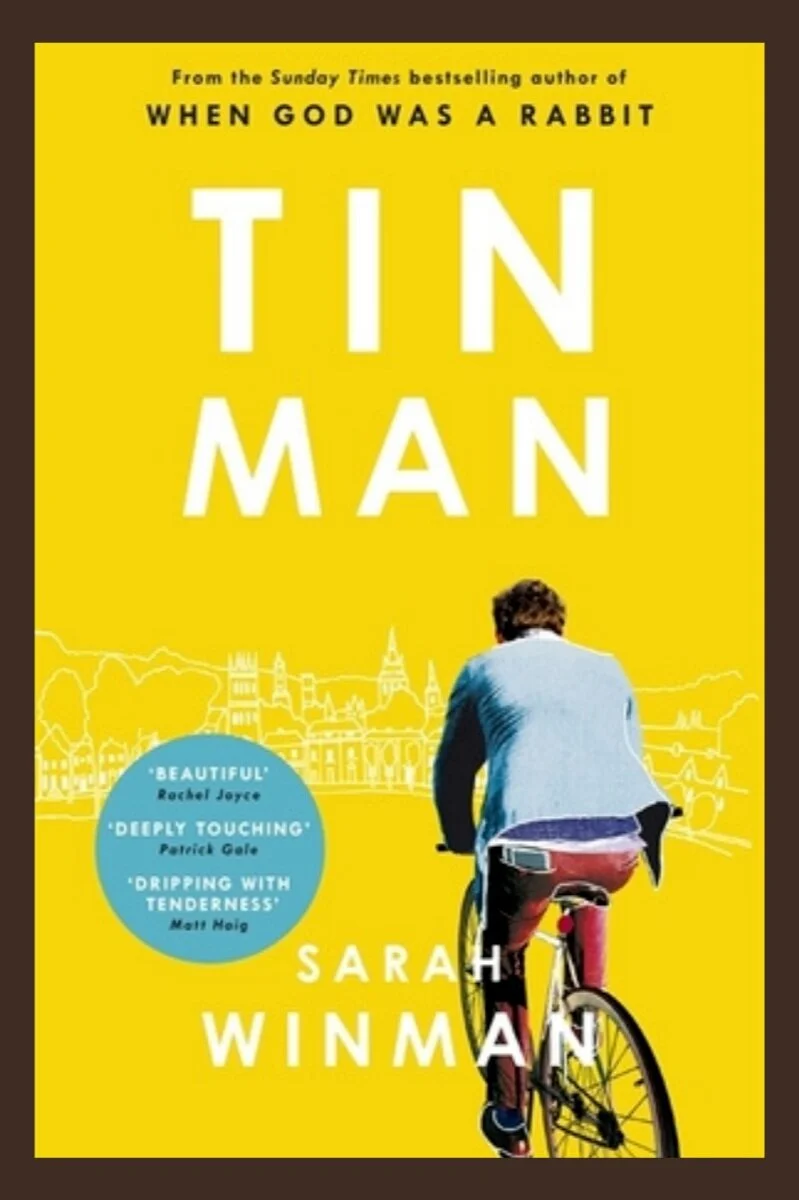Black Buck – Mateo Askaripour
100-Word (or Less) Synopsis: Darren graduated valedictorian of his high school but has spent the years since managing a Manhattan Starbucks — a job he enjoys but isn’t challenged by. After a chance encounter with one of the leaders of a tech start-up, his life becomes a strange exploration of the pros and cons of corporate America and sudden wealth.
Expectation: A crackling takedown of Big Tech, faux diversity and the work-life balance façade.
Reality: This was two books smooshed together. One, the corporate satire, was a helluva lot more interesting than the second, a basic bro wish fulfillment fantasy but with a BIPOC lead.
Recommended For: People that love “Boiler Room” and “The Wolf of Wall Street,” or even “The Devil Wears Prada” to a certain extent.
Why I Read It: #Bookstagram made me do it, and as a corporate clock-puncher, the curiosity of corporate satire piqued my interest.
My Take:
Mateo Askaripour’s uneven, yet mostly entertaining, debut novel is the classic story of how reaching the top sometimes means hitting the bottom. Unfortunately, how the story unfolds feels like two different novels smooshed together — and one of them is vastly more entertaining than the other.
With a Black male lead at the center, “Black Buck” is a fresher take on the outsider takes corporate America by storm story we’ve seen a dozen times before. Askaripour brings forward elements of an astute satire of startup culture, social media and faux diversity and inclusion that is both funny and cringeworthy.
But ultimately, the novel buckles under its own weight with crazy twists, a far-fetched redemption plot and a ridiculous timeline of events that makes the whole thing seem like a caffeine-induced hallucination.
For the last third — except for about 60-pages — it felt like I was listening to a different story. There’s a part of me that feels the first half is Askaripour’s novel, while the second half was Frankensteined in a way to appeal to a broader demographic of people.
The Good
The story starts with our star, Darren “Buck” Vender, sharing his secrets for success. After all, he went from being a self-professed underachiever who was managing a Manhattan Starbucks to one of the biggest names in business, in roughly 18-months.
These chapters — up to the point where [spoiler alert] his mother dies — are the strongest. It showcases an over-exaggerated, yet precisely on-the-nose, stereotype of corporate culture, complete with parties, free food, cult-like bonding, and racism to anyone that doesn’t check the white, cis-gender male box.
Buck’s experiences during hell week, and just exploring his first week on the job in this alien world, show the promise of Askaripour’s future work. It’s funny, challenging and engaging in a way that I wish the rest of the novel could’ve been.
The Bad
We learn in the very beginning that Buck is sharing his secrets for success, but we don’t yet know from what vantage point this wisdom is being imparted.
I found the period after hell week, [spoilers begin] when Buck gets paraded in front the national media to deflect a growing crisis, completely abandons his family and friends for his corporate comrades and turns into a drug and sex-crazed soulless shell of himself to be so trite it was almost comedy. Occasionally Askaripour would throw in some commentary to remind you this was a satire, but it becomes less frequent.
The whole Happy Campers (won’t even go into detail about them) training and then white nationalist salespeople plot to expose them was, honestly, weird. While an opportunity to bring more current events into the story, it felt forced and unnatural. It was clear that Buck wasn’t happy with the person he’d become so why teach a whole generation of BIPOC people to be just like him?
I think my biggest issue, besides the way Buck ends up in jail, is how the main villain, Clyde — the de rigueur name for literary racists apparently (see, “Ring Shout”) — ended up being a closeted gay man in a relationship with a Black man. Satire or not, the vilification of confused/closeted people as vindictive and violent perpetuates stereotypes.
Clyde isn’t likeable, and in the world of preference gays, having him throw the “r” word around or ask Buck to “perform a minstrel act” helps feed into the discussion of toxic white masculinity.
The fact that Askaripour could address this through other characters’ misogyny and casual racism shows it wasn’t necessary to assign the VILLAIN title on someone in the queer community. And, let’s not talk about the outing subplot. Honestly, it all seemed against the point and urgency of Askaripour’s story.
[spoiler over]
All that to say, the parts of “Black Buck” that work are phenomenal, and it makes me excited to see what Askaripour does next – hopefully with less interference from the corporate suits that were ultimately more interested in sales than substance.
Zeno Robinson does an excellent job with the narration, and I’d say it’s a great format to experience the novel, as his funny and deadpan delivery will help you gloss over some of the less interesting sections.
Rating (story): 2.5/5 stars
Rating (narration): 4/5
Formats: Audiobook (library loan)
Dates read: April 7 - 11, 2021
Multi-tasking: Good to go.





